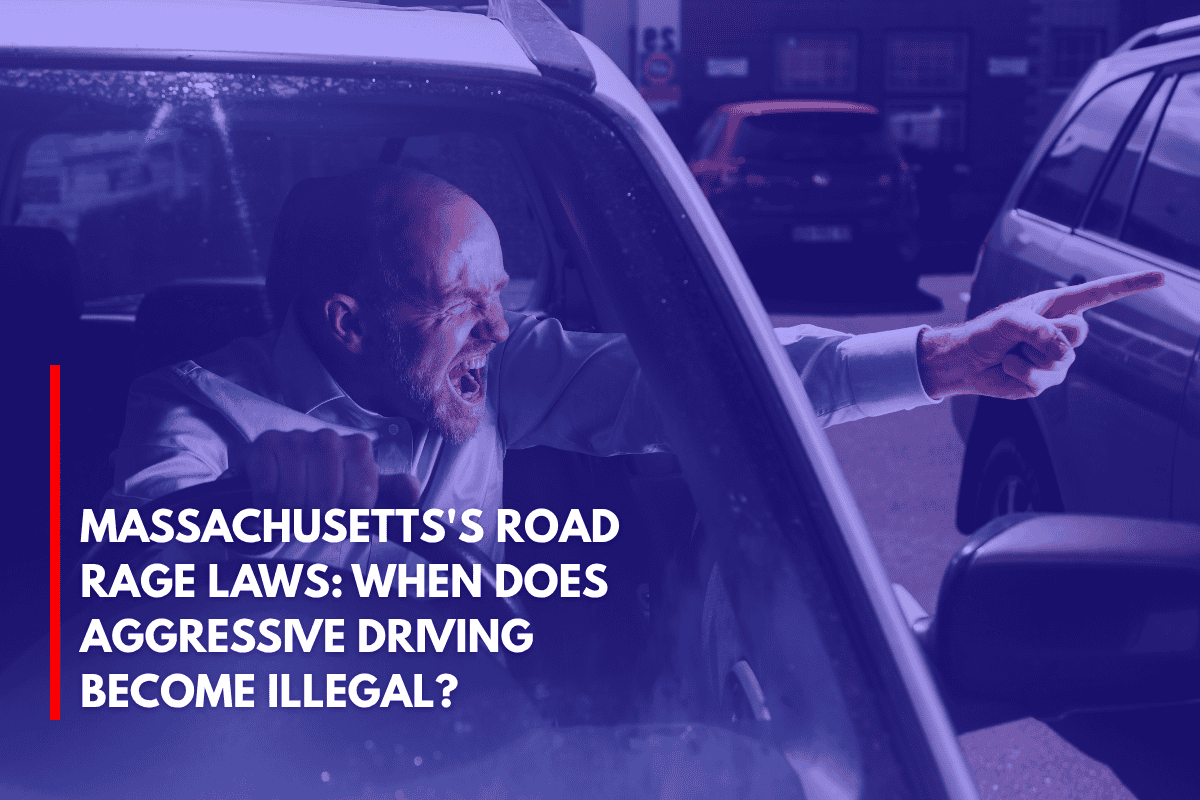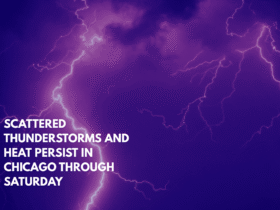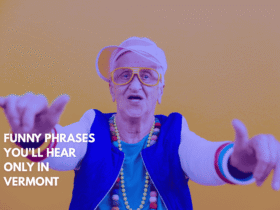Massachusetts law does not use the term “road rage” in its statutes, but aggressive or dangerous driving behaviors associated with road rage are addressed under criminal traffic offenses, primarily “reckless operation” and “negligent operation” of a motor vehicle.
When Aggressive Driving Becomes Illegal
Reckless Operation:
Definition: Operating a motor vehicle on a public way in a manner that creates a substantial and unjustifiable risk to the lives and safety of others, with a willful or wanton disregard for the consequences.
Key Elements:
-The defendant operated a motor vehicle.
-The operation occurred on a public way or a place with public right of access.
-The defendant operated the vehicle recklessly—demonstrating conscious indifference to the risk of death or serious injury.
Examples: Excessive speeding, tailgating, unsafe lane changes, weaving through traffic, running red lights, street racing, or any intentional dangerous driving.
Penalties:
-Up to 2 years in jail.
-Fines up to $200 (or $50–$500 for first-time offenders, depending on the offense and court interpretation).
-60-day mandatory license suspension.
-Criminal record as a misdemeanor offense.
-Additional surcharges and increased insurance rates.
Negligent Operation:
Definition: Operating a vehicle in a negligent manner that endangers the lives or safety of the public, but without the same level of willful disregard as reckless operation.
Examples: Speeding, unsafe lane changes, failure to yield, or other careless driving that does not rise to the level of recklessness.
Penalties:
-Up to 2 years in jail (though penalties are typically less severe than for reckless operation).
-License suspension (typically 60 days).
-Fines and a criminal record.
Other Charges:
Assault and Battery with a Dangerous Weapon: If aggressive driving escalates to intentional physical harm using the vehicle as a weapon.
Immediate Threat Suspension: Police can request the Registry of Motor Vehicles (RMV) to suspend a driver’s license if they believe the driver poses an immediate threat to public safety.
Summary Table
| Offense | Definition/Intent | Examples | Penalties (Typical) |
|---|---|---|---|
| Reckless Operation | Willful/wanton disregard for safety | Excessive speeding, street racing | Up to 2 years jail, $200+ fine, 60-day license suspension |
| Negligent Operation | Failure to use due care, endangers public | Speeding, unsafe lane changes | Up to 2 years jail, license suspension, fines (typically less severe) |
| Assault with Vehicle | Intentional harm using vehicle as weapon | Intentional ramming, threat | Felony charges, severe penalties |
Key Takeaways
-Aggressive driving becomes illegal in Massachusetts when it meets the standard of reckless or negligent operation, or if it escalates to intentional harm (assault with a dangerous weapon).
-Road rage behaviors can lead to criminal charges, even if no accident occurs.
-Police and the RMV have authority to suspend licenses immediately if a driver is deemed an immediate threat.
-Penalties can include jail time, fines, license suspension, and a permanent criminal record.
Always drive safely and avoid behaviors that could be interpreted as road rage or aggressive driving. If charged, consult an experienced criminal defense attorney.
Sources:
- https://coolidgelawfirmaz.com/legal-rights-laws-protest-in-arizona/
- https://www.acluaz.org/en/rights-protesters
- https://natlawreview.com/article/arizona-passes-new-law-to-bolster-campus-free-speech
- https://legalclarity.org/arizona-student-protest-and-free-speech-guidelines/











Leave a Reply